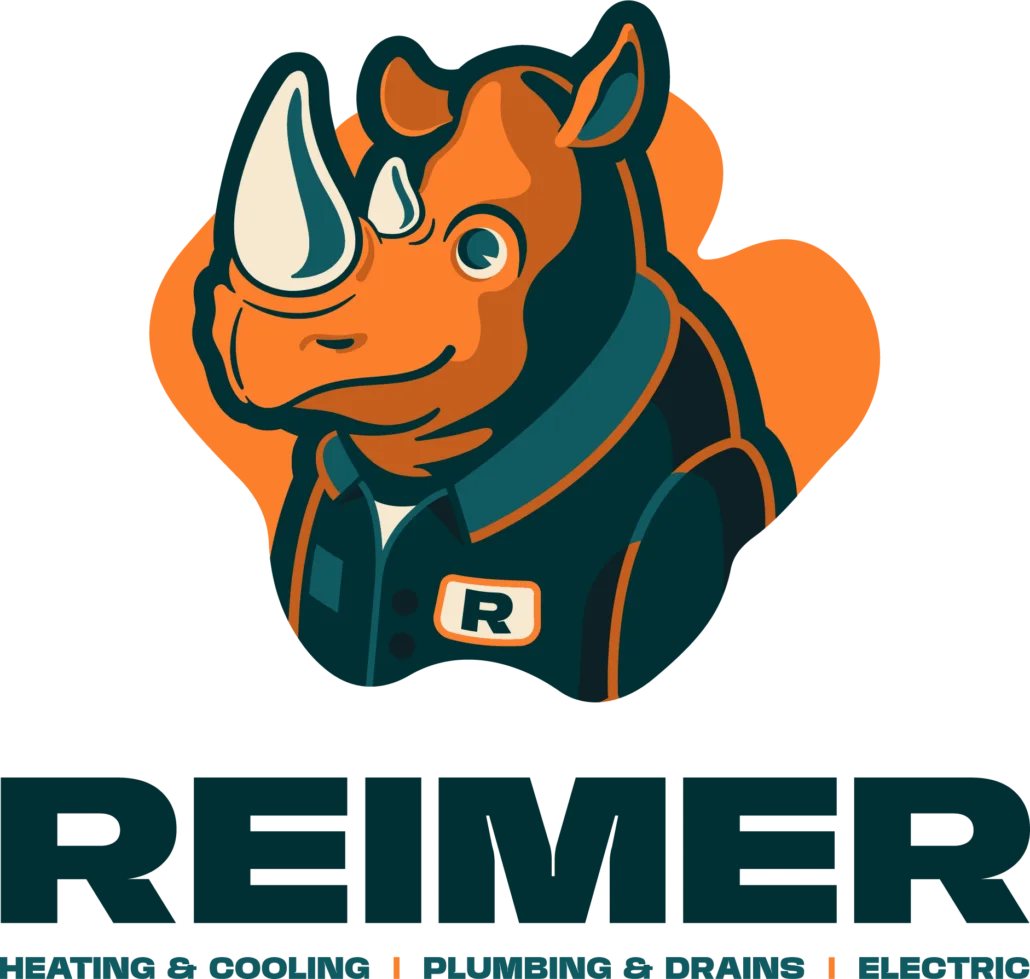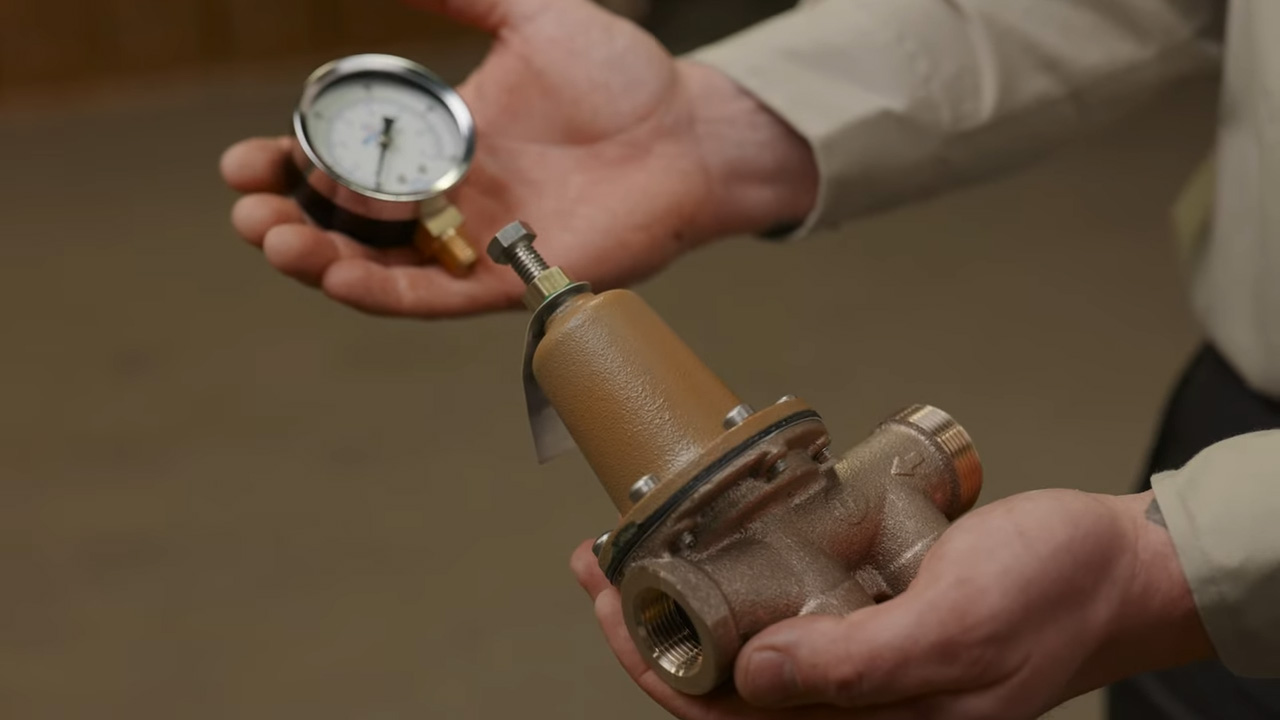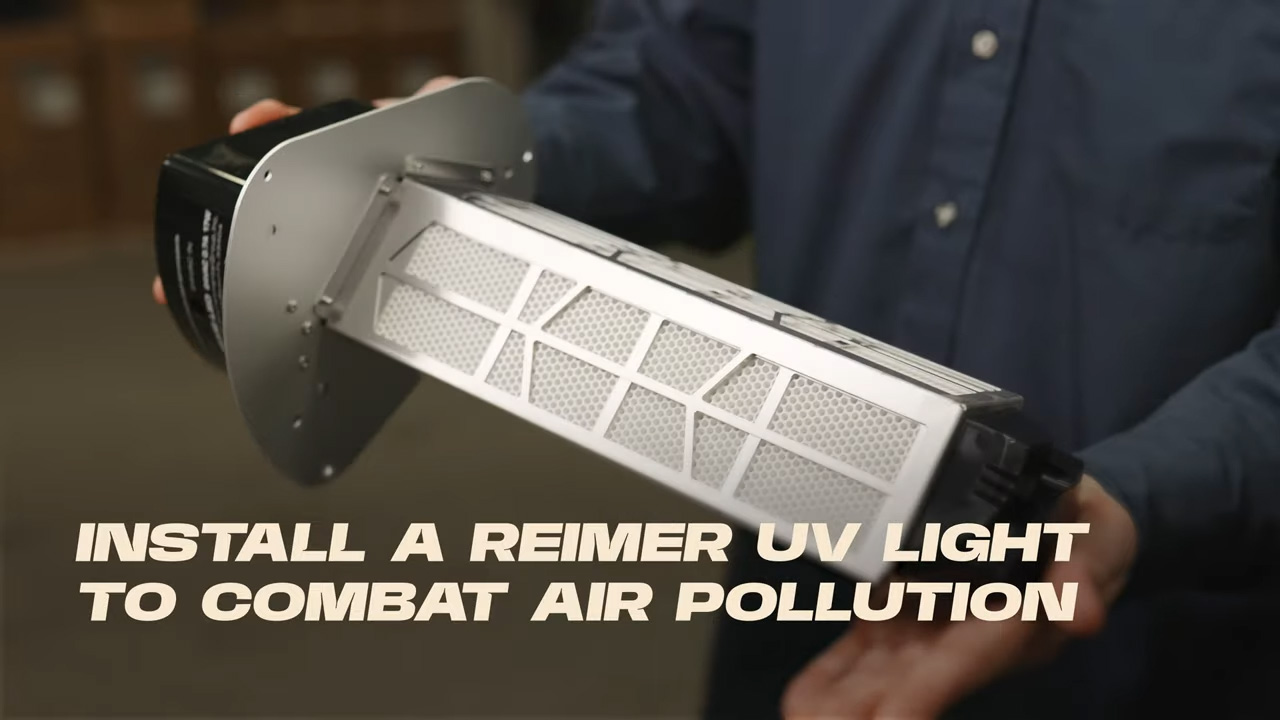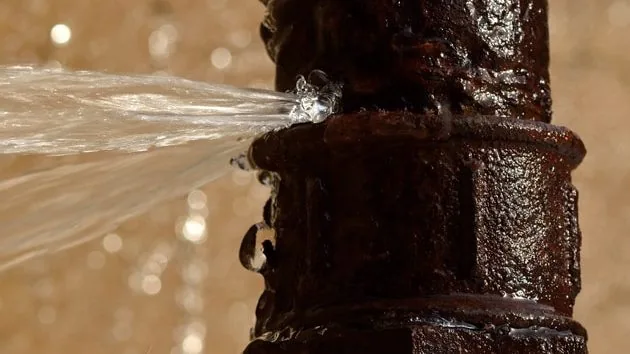As relaxing and comforting as a fireplace may be, is it efficient, or are you losing money by heating your Buffalo, New York home this way?
Most people enjoy the warm air and crackling sounds of a fireplace, especially during this time of the year. There is nothing quite like grabbing a cup of hot cocoa, gathering around the fireplace, and spending some family time together. As relaxing and comforting as a fireplace may be, is it efficient, or are you losing money by heating your Buffalo, New York home this way? Should you use your fireplace and central heat together?
Does a Fireplace Save you Money?
If your fireplace is not used or maintained properly, in can actually raise your energy bills and can cost you a lot throughout the year. According to the U.S. Department of Energy, wood and gas fireplaces are the most inefficient heat sources for the home. The primary reason for the energy loss is the fireplace’s damper; either it being left open or not properly sealed. The U.S. Department of Energy estimates that this circumstance alone can result in your energy usage increasing by up to 30%, or around $200 a year.
Over 75% of heat produced by wood goes up the chimney and you never feel the effects of it, in fact, it is estimated that between 80-90% of heat is lost. This means that the money you are spending on firewood is basically wasted, as it goes up in smoke, literally.
Should You Use Your Fireplace and Central Heat Together?
When it comes down to it, although a fireplace can cost you in the long run, does it actually save you money if you use it in tandem with your Buffalo HVAC system? Because all homes have a different heating source and their ductwork, thermostat, gas and electric prices, etc. are different, there is really no true answer to this; however, it is widely believed that a furnace is the better choice for heat, as it’s more efficient and can distribute the heat evenly throughout the home.
If you are going to enjoy an afternoon sitting by the cracking wood, there are some reasons you should use your fireplace and central heat together. While a furnace may cost you more to install and operate than a fireplace, they can heat your home more thoroughly, keeping you and your family warmer during the chilly months and keeping overall costs down.
Let’s dig in further as to why, if you are using your fireplace, you should keep your central heat running as well.
– Energy Waste: If you shut off your HVAC unit to utilize your fireplace, your heater will eventually need to be turned back on, like if you go to bed or leave your home. By the time you go to turn your heater back on, many of the rooms in your home have probably cooled down quite a bit, meaning your furnace will have to work harder and longer to warm them back up. That can use a lot of energy and put a strain on your HVAC system.
– Heat Output: Your fireplace should not be used a main source of heat for your home. Using a fireplace to heat a home is less efficient than using a furnace. Furnaces have a much better heat output than fireplaces as they have less heat loss and can circulate air better. Also, keep in mind that fireplaces usually only increase a house’s temperature by 15-25ºF, which typically isn’t enough for our colder climate. A fireplace heats the immediate area and lacks ductwork to distribute the heat throughout the entire house.
– Safety: It’s unsafe to leave a fireplace unattended. A fireplace can be an excellent source of heat for a short while, usually in a small space, but it’s not a good idea to shut off the heater and leave the fire burning overnight, unattended, or to have blazing fires to try to heat your entire home. Not to mention, the air that is produced from a fireplace can have some safety risks. Overall, wood-burning fireplaces are less safe when compared to furnaces. Even though smoke primarily escapes through the chimney, there is still some ash, smoke, and carbon dioxide that can be breathed in.
In Conclusion…
When it comes down to it, nothing is quite like a fireplace on a cold day; however, you should use your fireplace and central heat together to prevent energy loss, ensure even heating throughout your home, and for your family’s safety. To keep your heating system running smoothly and efficiently, if using a fireplace, you can simply turn the temperature down by a few degrees. This can help you to cut back on energy use, and it won’t take the heater so long to get back up to normal temperatures. You should also make sure the thermostat is not located too close to the fireplace as this can cause inaccurate readings that harm the overall efficiency of your heater.
When it comes to heating repair and installation in Buffalo, Reimer Home Services is here for you. We fix, service, and replace furnaces and boilers here in Buffalo and Western New York. Since 1921, local homeowners have trusted Reimer with their home’s heating service needs.
Has your furnace stopped working? Call us. We’re available Day or Night to help. We don’t charge our customers extra for service on nights or weekends. Plus, all of our repairs come backed by our 2-year warranty.
When you
need heating services here in Buffalo and Erie County, call your local furnace professionals at Reimer Home Services.





